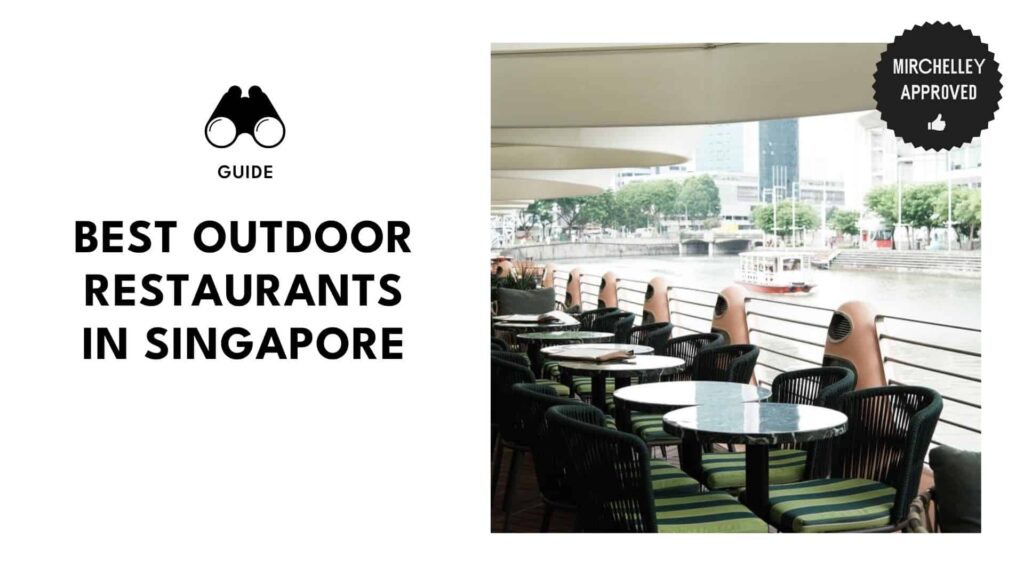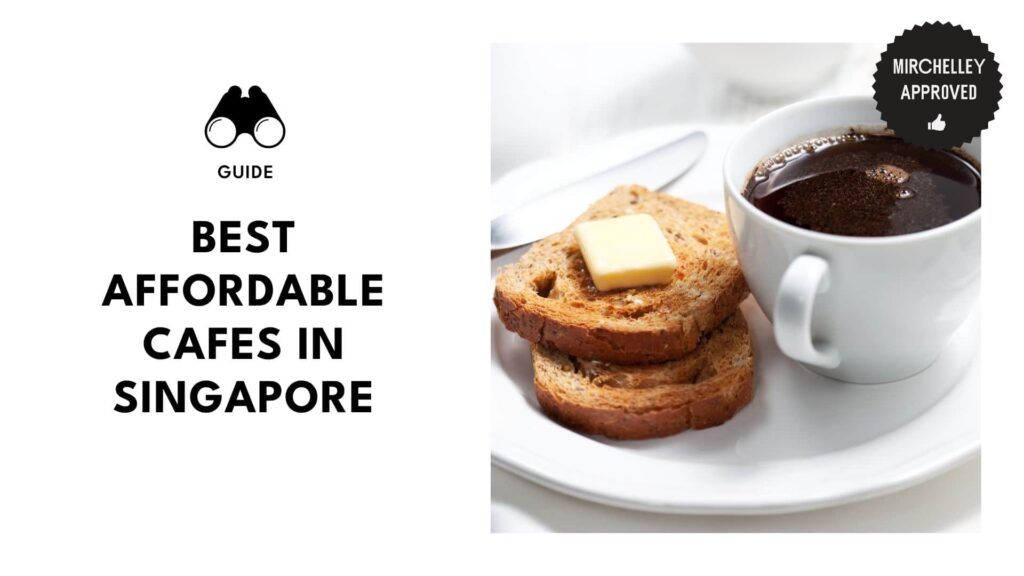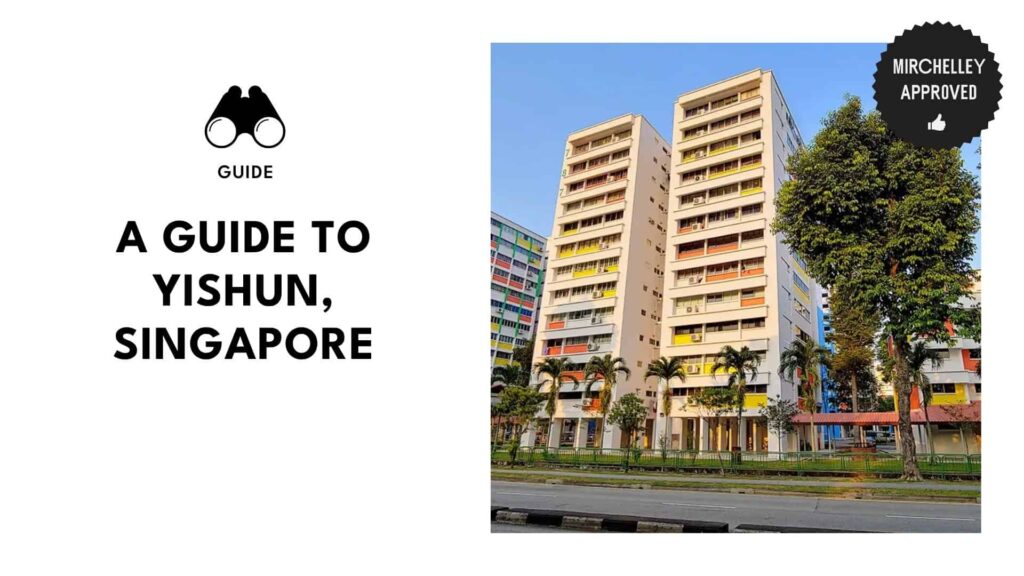Categories > Guides and Tips

Can foreigners buy property in Singapore? Things You Need to Know
- Can foreigners buy a property in Singapore?
- What can foreigners buy and can’t buy?
- Foreigner Eligibility for Buying Private Property in Singapore
- You are a non-SPR buying alone.
- You are an SPR buying alone.
- You are an SPR jointly buying a property with another SPR,
- You are an SPR buying with a non-SPR.
- You are a non-SPR couple jointly buying.
- Foreigner Restrictions for Buying Private Properties in Singapore
- Foreign Person as Defined by RPA
- Restricted Residential Properties in Singapore
- Restrictions for Purchasing Properties in Sentosa Cove
- Procedure for Buying Property in Singapore: Steps on How to Buy a Property
- Step 1: Check your budget.
- Step 2: Keep your stamp duties in mind.
- Step 3: Apply for a bank loan.
- Step 4: Talk with an agent or do it on your own.
- How to DIY
- How to Get an Agent
- Step 5: Connect with a local property lawyer.
- Step 6: Apply for an API or approval from SLA and LDAU.
- Requirements for API
- Requirements for Approval
- Application fee
- Step 7: Secure your property!
Real estate and land properties are one of the greatest investments you can have in your portfolio, especially if it’s in a prime location like Singapore.
If you are a foreigner looking to buy a property in Singapore, then this is just the right article for you.
Here, you will find information on whether you are allowed to purchase a property in Singapore as well as what you can and can’t buy.
It will also guide you on the restrictions you should look out for, so be sure to check the data below.
Can foreigners buy a property in Singapore?
Foreigners can buy property in Singapore, however, they are only allowed to buy non-restricted properties and landed properties that are approved by the Land Dealings Approval Unit (LDAU).
They can also purchase landed property from Sentosa Cove since it is exempted from the act.
Before looking for the perfect property, we recommend applying for approval in principle (API) from LDAU first. This will help you prevent the forfeiture of monies if you are not approved for your chosen property.
What can foreigners buy and can’t buy?
Under the Residential Property Act of Singapore, all properties are divided into two categories: restricted and non-restricted.
Foreigners can purchase property from non-restricted areas but would need LDAU approval for restricted zones.
The table below will guide you on what properties you can and can’t buy in Singapore unless you have the direct approval of LDAU:
| Non-restricted properties foreigners CAN buy without approval from LDAU | Restricted properties foreigners CAN’T buy without approval from LDAU |
| Flat unit | Place of worship |
| Condominium unit | Terrace house |
| Lease of restricted properties for a term not exceeding 7 years (this includes options for renewal and extensions) | Vacant residential land property |
| Shophouse for commercial use | Semi-detached house |
| HDB shophouse | Shophouse for non-commercial use |
| Strata landed properties in a condominium development | Lease of restricted property that exceeds 7 years (this includes options for renewal and extensions) |
| HDB flat | Bungalow or detached house |
| Industrial and commercial properties | Strata landed house that is not within the approved condominium development under the Planning Act |
| Executive condominium unit after privatization | Apartments, dormitories, or any other similar properties that are not registered under the provisions of the Hotel Act |
| Hotels that are registered under the provisions of the Hotel Act | Association premises |
When purchasing a property, be mindful of what is considered a foreigner in Singapore. Even if you are a permanent resident in the country or an SPR (Singapore Permanent Resident), you are still counted as a foreigner in the country.
Foreigner Eligibility for Buying Private Property in Singapore
The eligibility to purchase a property is assessed by Singapore Land Authority (SLA) and LDAU on a case-to-case basis taking into consideration the following factors:
- You must be a permanent resident of Singapore for at least 5 years.
- You must have an exceptional economic contribution to Singapore.
Your economic contribution to the country will be based on your employment income taxed by Singapore. This means you should provide a copy of your income tax that bears the signature of your company HR upon application.
For more information, you can refer to the data below to see which properties you are eligible for depending on your case as a foreigner.
You are a non-SPR buying alone.
As a non-SPR buying a property alone, you can only purchase a privatized executive condominium (EC) that is more than 10 years old.
You are an SPR buying alone.
As an SPR buying alone, you are eligible to buy HDB flats and resale ECs that have reached their 5-year Maximum Occupation Period (MOP).
You are an SPR jointly buying a property with another SPR,
As an SPR purchasing a property with another SPR, you are eligible to buy a resale HDB flat 3 years after obtaining your PR visa.
You can also buy a resale EC that is more than 5 years old and a privatized EC that is more than 10 years old.
You are an SPR buying with a non-SPR.
As an SPR purchasing property jointly with a non-SPR, both of you are eligible to buy a resale EC that is more than 5 years old and a privatized EC that is more than 10 years old.
You are a non-SPR couple jointly buying.
As a non-SPR couple jointly buying a property, you can only purchase a privatized EC that is more than 10 years old.
Foreigner Restrictions for Buying Private Properties in Singapore
According to the Residential Property Act (RPA), foreigners are not allowed to acquire or purchase a restricted residential property in Singapore without the approval of the Minister for Law or LDAU.
Foreign Person as Defined by RPA
A foreign person is anyone who is not:
- A Singapore limited liability partnership
- A Singapore company with a Singaporean director and members
- A Singapore citizen
- A Singapore society
Restricted Residential Properties in Singapore
All restricted properties in Singapore as defined by RPA are:
- Landed houses with land titles
- Vacant residential properties
- Shop houses that are not subdivided by strata and were established in land that has been declared as non-residential according to the Residential Property Notification
- Landed houses with strata titles in a non-condominium development
Restrictions for Purchasing Properties in Sentosa Cove
Sentosa Cove is open to foreigners, but there are still some restrictions that they need to observe and these are the following:
- The property can only be used as a dwelling place of the family and shall not be used as a rental or for any other purpose.
- The property shall not exceed 1,800 sqm.
Aside from the restrictions provided above, a foreigner is also not allowed to buy a property that exceeds 15,000 sqft.
If you want to purchase a bigger property than what is allowed, you should prepare for more stringent qualifying criteria by LDAU.
Procedure for Buying Property in Singapore: Steps on How to Buy a Property
The steps to buy a property as a foreigner in Singapore include: checking your budget, listing taxes, checking properties, hiring a property agent, applying for a loan, getting a property lawyer, and securing the property.
Step 1: Check your budget.
Before you jump right into buying your property, you should see first how much you can afford to spend without taking way too much from the lifestyle you are used to.
One way to check your budget is through budget calculators, which will help you draw a budget depending on how much you earn per month, your maximum loan tenure, and your monthly loan commitments.
Through these details, the calculator will generate the best budget for you to settle with when purchasing a property.
Step 2: Keep your stamp duties in mind.
Every property owner knows that the expense of real-estate investments doesn’t end on the mortgage alone; there are other expenses such as the stamp duties that you should be mindful of.
The stamp duties or Buyer’s Stamp Duty (BSD) is the tax that you pay for a signed document whenever you purchase a property in Singapore regardless of your nationality.
Here are the current BSD rates that you need to know:
| Purchase price or market value | Rates for residential property | Rates for non-residential properties |
| First $180,000 | 1% | 1% |
| Next $180,000 | 2% | 2% |
| Next $640,000 | 3% | 3% |
| Remaining amount | 4% | 3% |
Aside from the BSD, there is also something called the Additional Buyer’s Stamp Duty (ABSD) that is introduced by the government as a property cooling measure.
As a foreigner buying a property with a PR or a Singapore citizen, you still have to pay a 30% ABSD rate for every property purchase.
Check the table below for other ABSD rates depending on your status as a foreigner:
| Buyer type | ABSD rate |
| SPR buying first property | 5% |
| SPR buying second property | 25% |
| SPR buying third and subsequent properties | 30% |
| Foreigner buying any property | 30% |
ABSD exemptions are only available to Singapore citizens and citizens of Lichtenstein, Iceland, Switzerland, Norway, and USA since these countries are under a free trade agreement.
Step 3: Apply for a bank loan.
Foreigners in Singapore are welcome to apply for a bank loan. However, whether it would be approved or how much will be loaned would depend on the number of outstanding housing loans they have.
The maximum amount you can borrow from a bank is referred to as the LTV or loan-to-value limit. The LTV represents the loan amount as part of your property’s value.
Check out the table below for your possible LTV limit and cash downpayment.
| Outstanding housing loans | LTV limit | Minimum cash downpayment |
| None | 75% or 55% | 5% (for 75% LTV) and 10% (for 55% LTV) |
| 1 | 45% or 25% | 25% |
| 2 or more | 35% or 15% | 25% |
Step 4: Talk with an agent or do it on your own.
Once your finances are in order, you should decide whether to hire an agent to find the property suitable for your budget or do it yourself and save the agent fee. Most people opt to just pay an agent to save time.
How to DIY
If you are going to DIY, we recommend looking for your property in a local property portal. This will reveal to you all the available properties in your preferred locations and would even let you filter the results based on property price and amenities.
There are plenty of applications like this online and you don’t have to pay for their services. The app will connect you straight to a property seller and you can iron out the details of your purchase together with no intermediaries.
How to Get an Agent
If DIY property searching is not on your list to do, you best settle for an agent. A property agent is someone who has both the knowledge and influence in finding the right property, which means they can be trusted.
To hire an agent, you simply need to contact a real-property agency so they can connect you with one. You can also look into the Council of Estate Agents (CEA) website and find the perfect personnel for the task.
As a safety measure, be sure to check the validity period of your agent’s license in the CEA register before hiring them for the job. This piece of information is updated daily so you don’t have to worry about inaccuracies.
Step 5: Connect with a local property lawyer.
The lawyer will be responsible for assisting you with the contracts as well as performing searches on the property to confirm the seller’s provided details. They will also ensure that your property is purchased in accordance with the law.
Along with the mentioned responsibilities, your lawyer will also perform due diligence checks on the seller and liaise directly with the solicitor of the property developer to ensure that you will have a smooth transaction.
Having a lawyer around to show you the ropes on how to purchase a property as a foreigner also adds confidence in your decision since you can trust them to warn you about what you should and shouldn’t do.
Step 6: Apply for an API or approval from SLA and LDAU.
To apply for an API or approval in SLA and LDAU, you must visit their official website and click ‘submit LDAU application’ under e-services. Provide the required documents and information and you’re done!
The difference between API and approval is that you already have a property in mind when you apply for approval, contrary to API where you don’t have a specific property yet.
Requirements for API
To apply for API, you need to submit digital or scanned copies of the following documents.
- Identity card (passport for foreigners)
- Entry permit
- Marriage certificate
- Pay advice
- 3 years of tax assessment
Requirements for Approval
To apply for approval, you need digital or scanned copies of the following:
- Identity card (passport for foreigner)
- Entry permit
- Marriage certificate
- Pay advice
- 3 years of tax assessment
- Option to purchase (OTP)
Application fee
| Requested document | Sole applicant | Husband and wife applying jointly |
| API | $1,220 per property | $1,220 per property |
| Approval | $1,220 per property | $1,220 per property |
Please remember to submit your property detailed to LDAU or SLA within 1 year from the date of the letter of approval. Failure to do so will result in a lapse wherein you need to create a fresh application.
Note: If you are going to head straight into applying for LDAU and SLA approval, be sure to follow step 7 before your application. This will help you secure the OTP necessary for your application.
Step 7: Secure your property!
With the approval of the government already at hand, you can sign the OTP with the seller under the guidance of your lawyer. Keep in mind that upon signing, you will have to pay the option fee, which is 1 to 5% of the property price.
The option fee will serve as your reservation for the property as you decide on whether you want to push through with your purchase. If you decide not to purchase the property, you will have to forfeit the option fee to the seller.
Purchasing a property in Singapore as a foreigner comes with plenty of restrictions that you need to be aware of in order not to get in trouble with the law.
By educating yourself on what to look out for, you can secure a smooth transaction for your investment.




